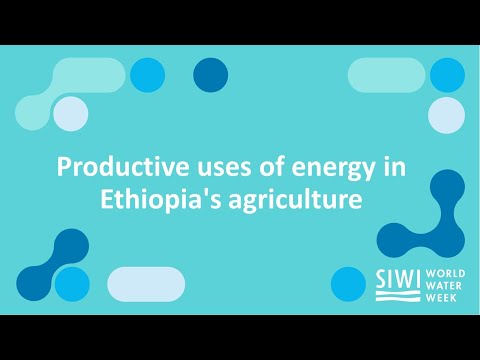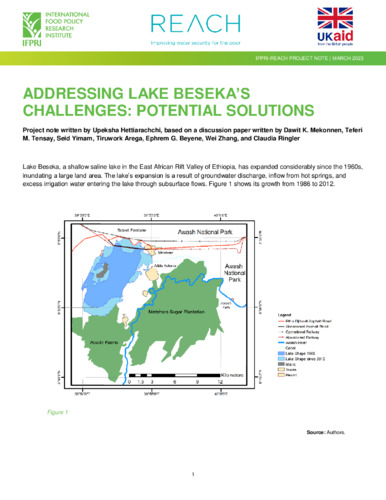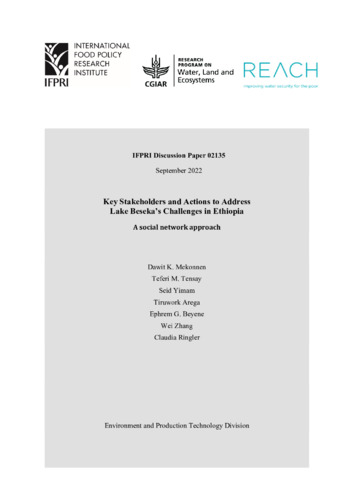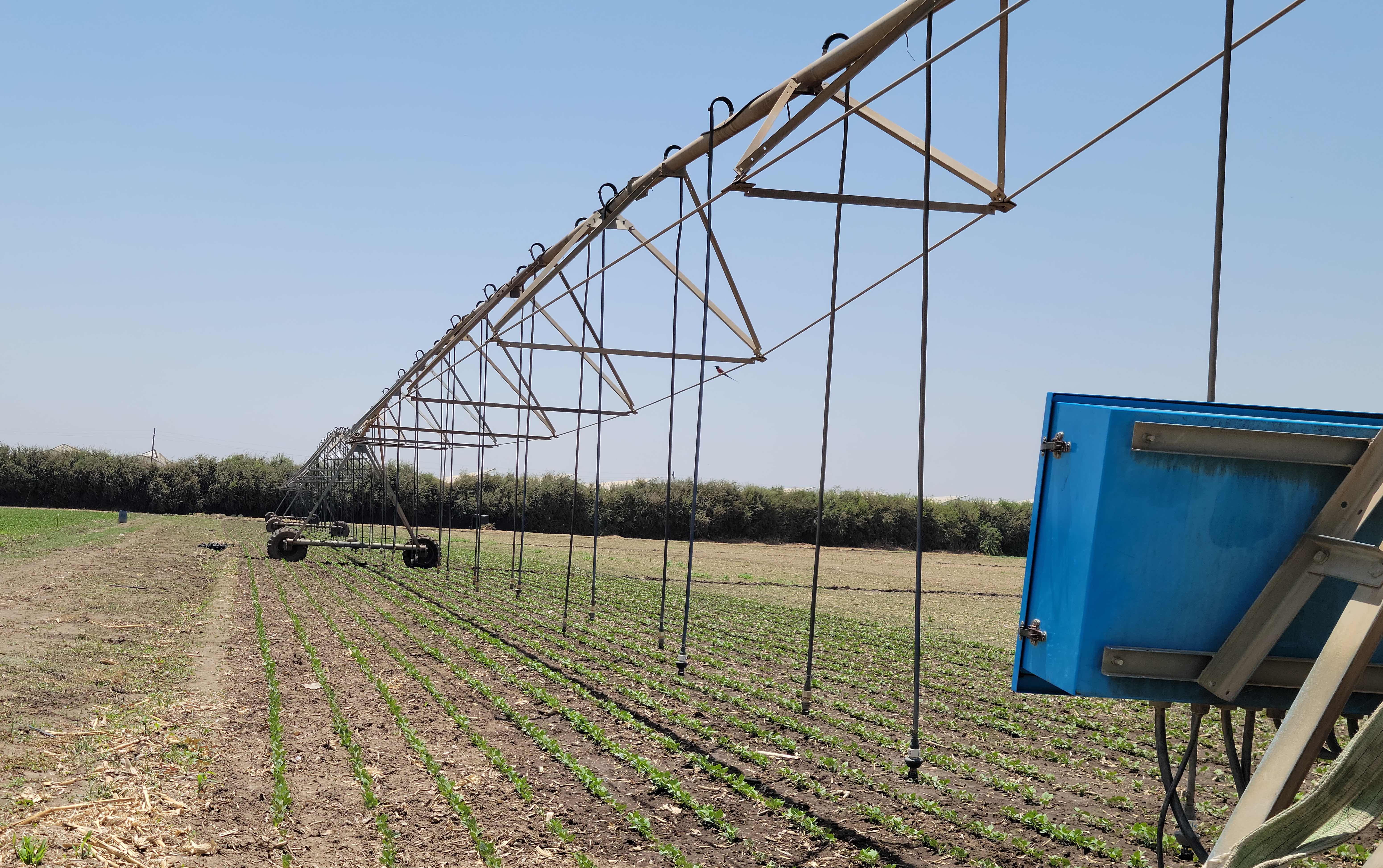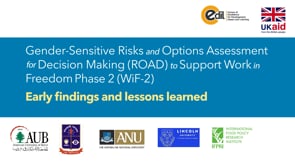Key stakeholders and actions to address Lake Beseka’s challenges in Ethiopia: A social network approach
Lake Beseka is a shallow, saline, endorheic lake in the East African Rift Valley of Ethiopia that has dramatically grown in size due to large-scale irrigation development in its catchment area. Recent artificial connections of the lake with the Awash River system to contain lake size have led to a series of changes and impacts on different water users, but are not reflected in lake and Awash River governance and institutions. Understanding who are the key actors affecting Lake Beseka and strengthening their linkages can help identify solutions that sustainably contain or reduce the lake’s size, improve its water quality, and address costs to nearby and downstream populations as well as the environment. Thus, this study analyzed qualitative data collected from net-mapping – a network analysis that identifies actors or stakeholders as well as linkages and relative power positions among stakeholders. The resulting network reflects the complexity of the water governance system including upstream actors who affect the size and quality of the lake as well as downstream actors who suffer from adverse consequences. The Awash Basin Development Authority, Metehara Sugar Factory, regional bureaus, and federal ministries were identified as the most influential actors affecting how Lake Beseka is used and managed. Actors most affected by the lake expansion and quality problems such as downstream communities currently have no role in the governance of the lake. Metehara Municipality, woreda offices, research institutes, and farmers were considered to have moderate influence. Stakeholders who participated in the net-mapping workshops identified flooding, salinity, water-related conflict, and health effects as the four main challenges of the lake. The study suggests that developing multi-stakeholder partnerships or platforms across most influential and most affected actors could support a more comprehensive understanding of the multiple challenges Lake Beseka is posing. It could also foster the development of more integrated solutions that support the different stakeholders in the lake catchment area and the Awash River Basin.
Authors
Mekonnen, Dawit Kelemework; Tensay, Teferi M.; Yimam, Seid; Arega, Tiruwork; Beyene, Ephrem G.; Zhang, Wei; Ringler, Claudia
Citation
Mekonnen, Dawit Kelemework; Tensay, Teferi M.; Yimam, Seid; Arega, Tiruwork; Beyene, Eprem G.; Zhang, Wei and Ringler, Claudia. 2022. Key stakeholders and actions to address Lake Beseka’s challenges in Ethiopia: A social network approach. IFPRI Discussion Paper 2135. Washington, DC: International Food Policy Research Institute (IFPRI). https://doi.org/10.2499/p15738coll2.136359.
Keywords
Eastern Africa; Sub-saharan Africa; Africa; Water; Awash Basin; Water Quality; Awash River; Water Governance; Lake Beseka; Governance
Access/Licence
Open Access
Project
Water, Land and Ecosystems
